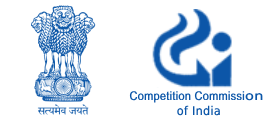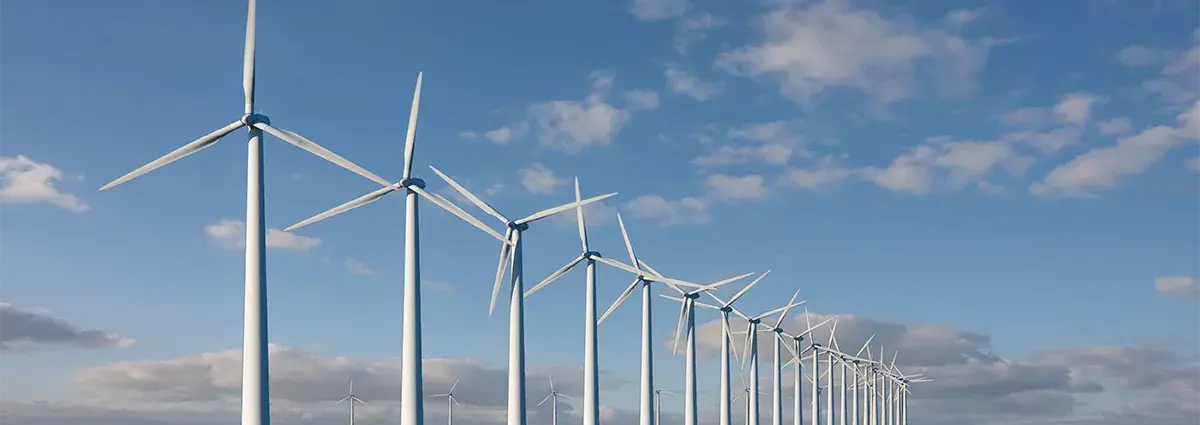Working of Patents Statements in India
What are working of patents statements?
How and when are working of patents statements filed in India?
As per Indian Patents Act, 1970, patents are not granted merely to enable patentees to enjoy a monopoly on a patented article; but to encourage inventions and secure that the inventions are worked in India on a commercial scale and to the fullest extent that is reasonably practicable without undue delay. Hence it is obligatory on the part of the patentee and licensee (whether exclusive or otherwise) to submit a statement of commercial working of patent on Form 27 of the patented invention in India to the Controller.
Such statements are required to be submitted to Indian Patent Office in respect of every calendar year within three months of end of each year. Controller General may publish such statements for public viewing.
The Controller also has the power to call for such information at any time during the continuance of the patent.
Information For Commercial Working of Patented Inventions
The information to be submitted by patentees and licensees in a statement regarding the Working of the Patented Invention are as follows:
- Whether the patented invention has been worked or not worked;
- if not worked, the reasons for not working and the steps being taken for the working of the invention.
- if worked, the quantum and value (in rupees) of the patented product;
- manufactured in India;
- imported from other countries along with the details of each country;
- The licenses and sub-licenses granted during the year;
- Whether the public requirement has been met, at a reasonable price either partly, adequately or to the fullest extent.
Penalty for non submission of Commerical Working of Patented Inventions
Failure to submit information on statement of working is punishable with fine which may extend up to INR One million(~ 16291.960 USD) . Further providing false information regarding working of an invention is considered as an offence and is punishable with imprisonment up to six months and a fine, or both.
The requirement of furnishing a statement regarding working of the patented inventions on a commercial scale in India is mandated under the Indian Patents Act, 1970 mainly in the context of Compulsory License and Revocation of Patents by the Controller for non-working.
The Patents Act does not bar the importation of patented article to India, however, if such an act prevents or hinders the working of the patented invention in the territory of India, then it would be deemed that the reasonable requirement of the public is not met, and would be considered as a ground for the grant of compulsory license.
Case: NATCO PHARMA LTD. V. BAYER CORPORATION
Germany based drug manufacturing firm Bayer Corporation invented a drug called SORAFENIB TOSYLATE used in the treatment of primary kidney cancer and advanced primary liver cancer sold under the brand name NEXAVAR. The generic drug company Natco requested Bayer for a voluntary license but the request was denied. So Natco filed an application in Controller of Patents Court for grant of a Compulsory License.
The Controller found that all the three criteria for the grant of Compulsory License as per Indian Patents Act were satisfied in this case, namely:
- Since Bayer supplied the drug to only 2% of the patient population, the reasonable requirements of the public with respect to the patented drug (Nexavar) were not met.
- Bayers pricing of the drug (Rs 280,428 per patient per month) was excessive and did not constitute a “reasonably affordable” price.
- Bayer did not sufficiently “work” the patent in India.
Hence, Natco was granted compulsory license to manufacture and sell a generic version of Nexavar under the conditions that it would pay a 6% royalty on the net sales (every quarter) to Bayer. Further, it could only charge Rs 8800 for a monthly dose (120 tablets) of the drug and would donate free supplies of the medicines to 600 needy patients each year. Later Bayer challenged the order passed by the Intellectual Property Appellate Board (IPAB) in High Court. The Bombay High Court upheld the IPAB order.
For more information on Commercial Working of Patented Inventions, Working of Patent Statements in India please write to us at: info@ssrana.com
To Know More about Patents in India click on the link below:








